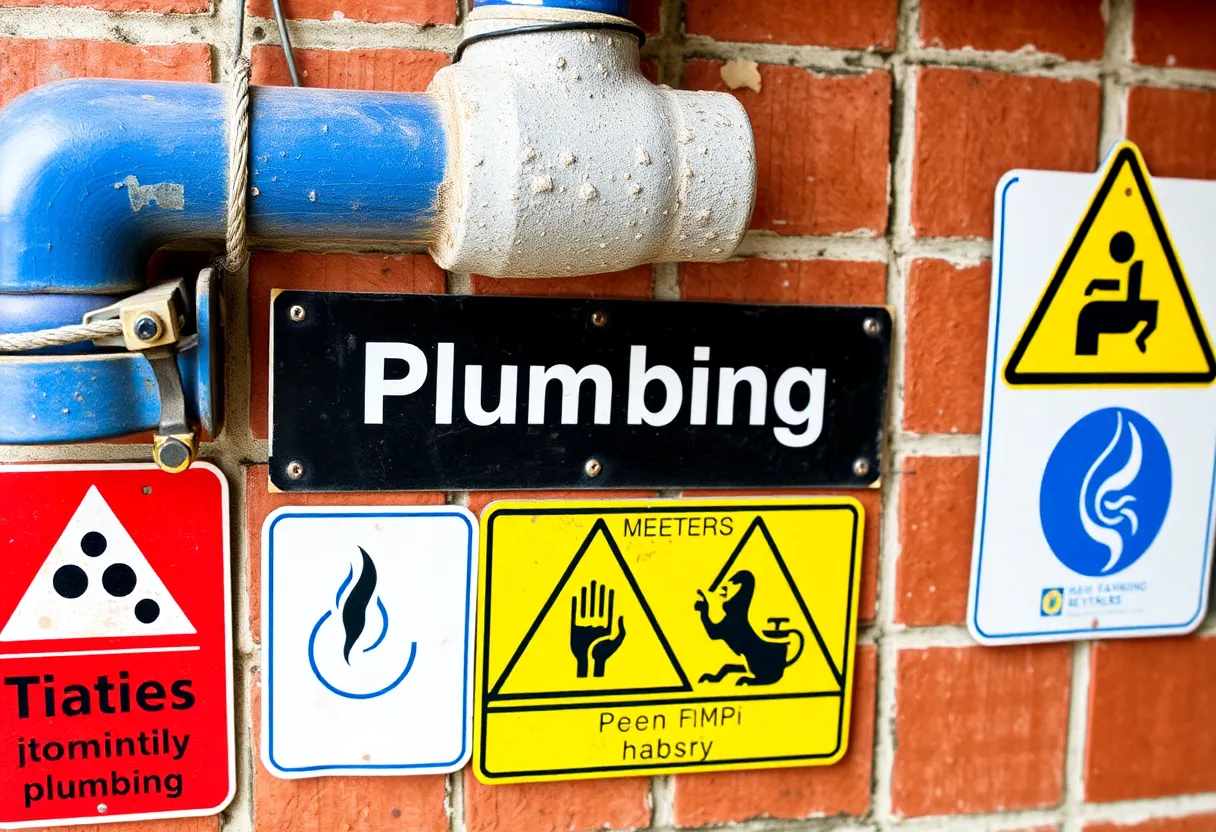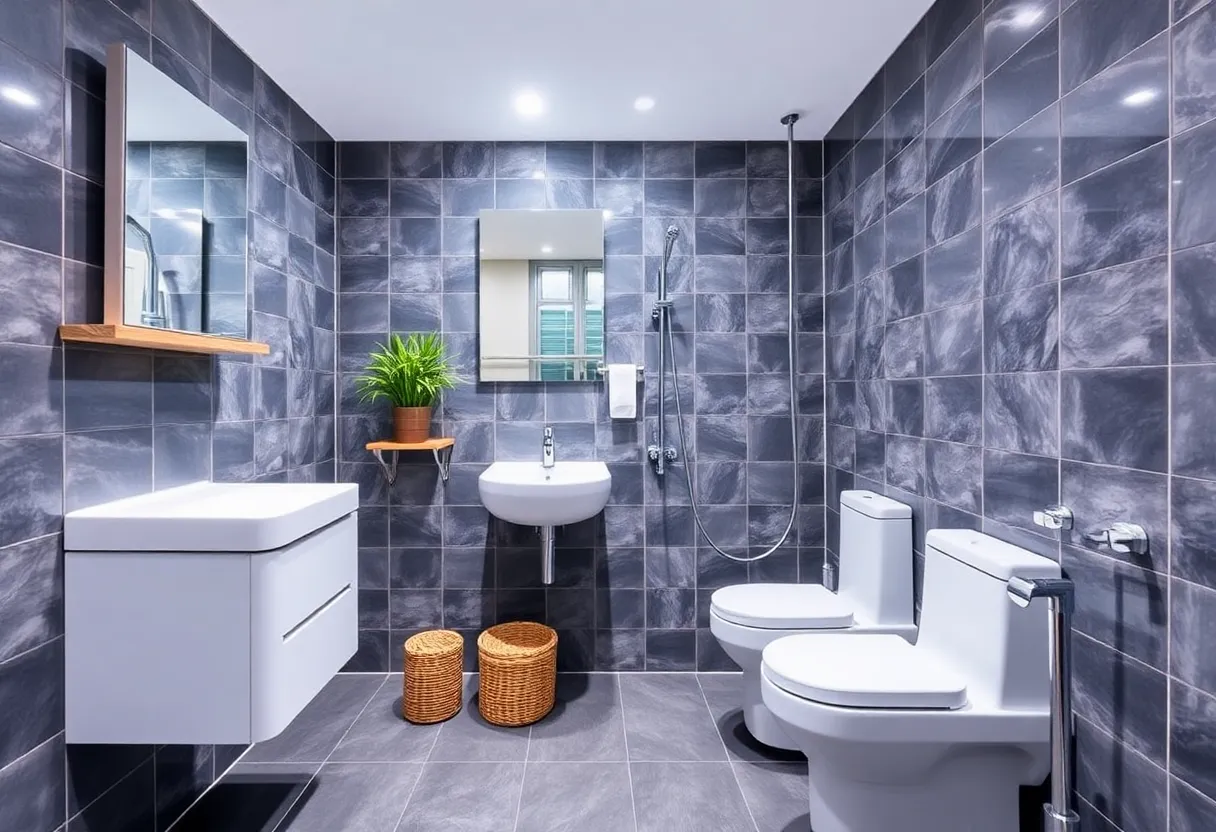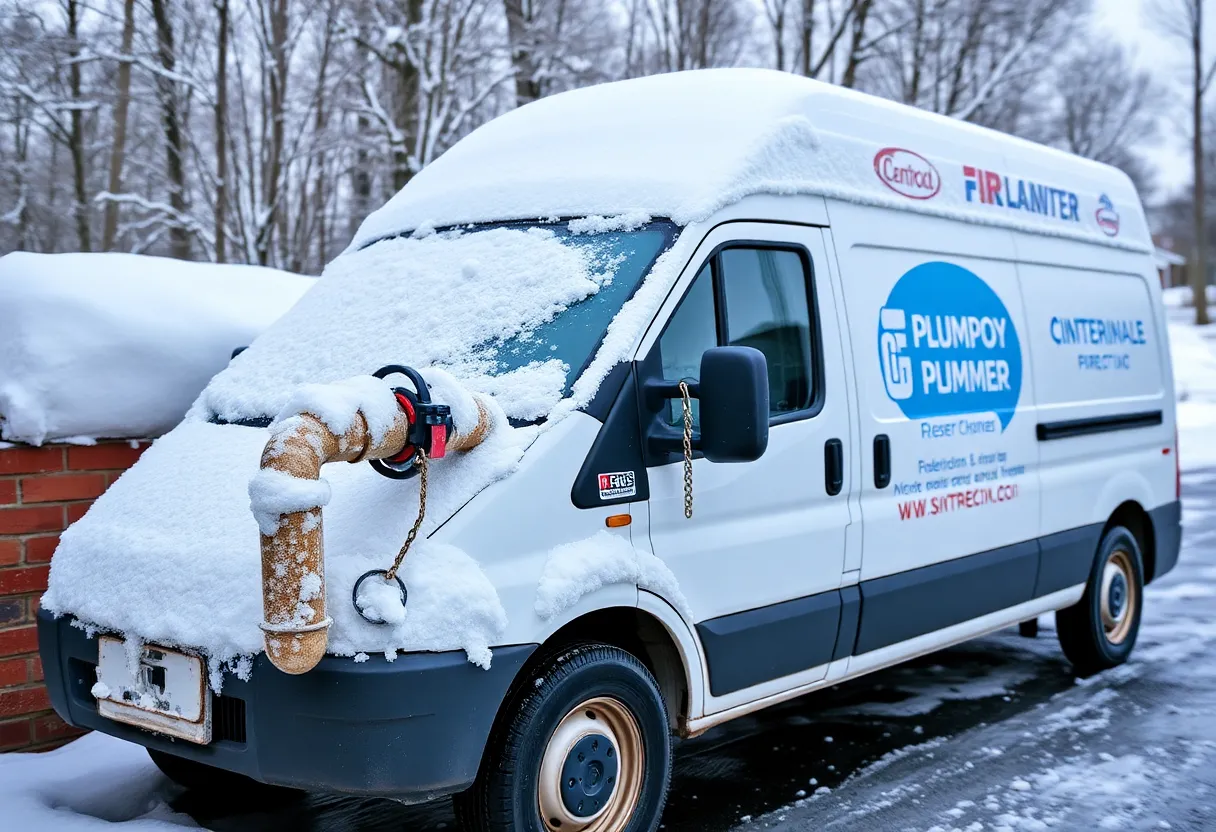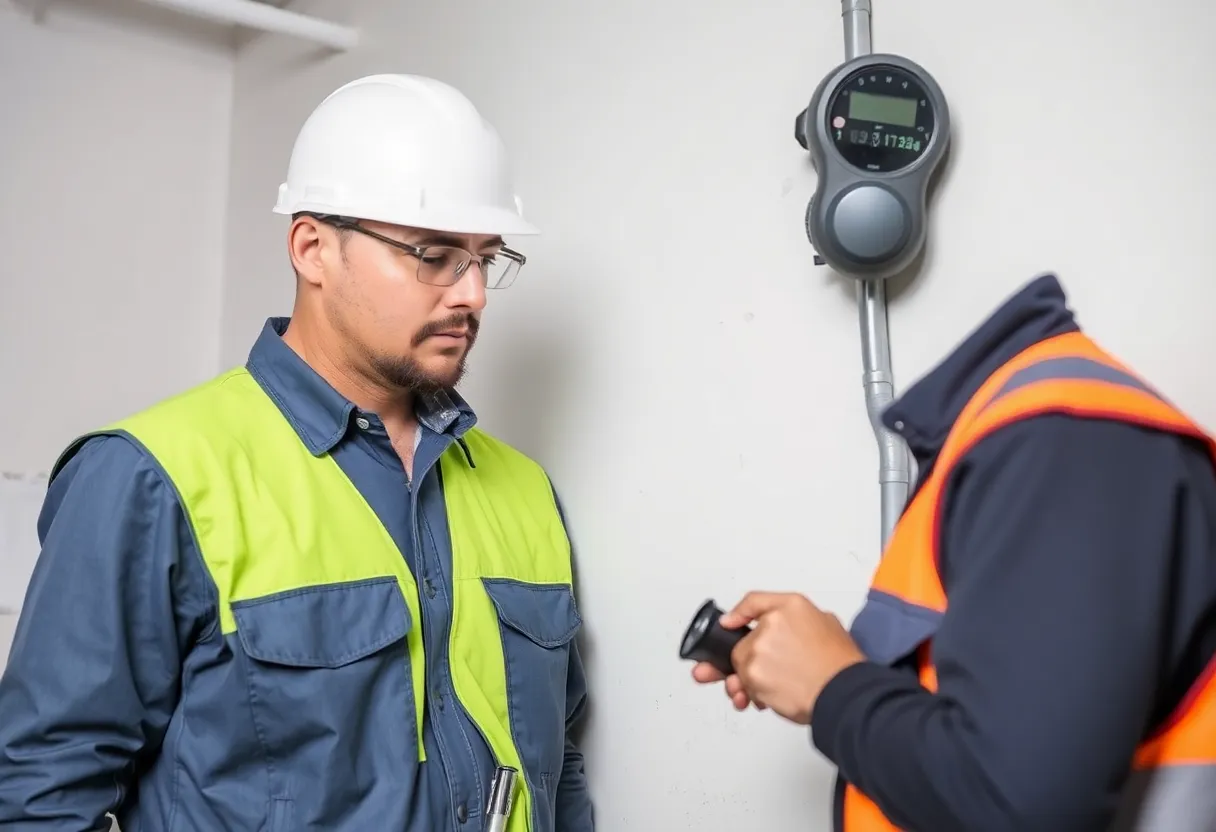The Water Intuition: 9 Essential Signs Your Plumbing Needs an Expert Diagnosis
When it comes to home maintenance, plumbing issues are often at the top of the list of concerns for many homeowners. Understanding the signs that indicate your plumbing system might need an expert diagnosis is crucial in preventing further damage and costly repairs. In this article, we will explore the _nine essential signs_ that your plumbing needs professional attention. By tuning in to the _water intuition_ of your home, you can address issues promptly and maintain a healthy plumbing system.
1. Unpleasant Odors
One of the first signs that something may be amiss with your plumbing is the presence of _unpleasant odors_ in your home. If you notice a foul smell, particularly near drains or in your bathroom, it could indicate a blockage or buildup of waste in the pipes. Persistent bad smells may also suggest that sewage is backing up into your home, which is a serious problem that requires immediate attention from a plumbing expert.
Tips to Identify the Source of the Odor
- Check sinks and drains for standing water.
- Inspect the garbage disposal for trapped food waste.
- Smell the toilet to see if it is emanating any odd scents.
2. Slow Drains
Are your sinks, showers, or tubs draining slowly? _Slow drainage_ can often be a sign of a clog deep within your plumbing system. Over time, hair, soap scum, and other debris can accumulate in your pipes, creating a blockage. If you find that simple home remedies like using a plunger or drain cleaner aren’t working, it might be time to call in a plumber for a more thorough inspection.
Signs of a Serious Drain Issue
- Multiple slow drains in your home.
- Water backing up in one fixture when using another.
3. Water Pressure Problems
Sudden changes in water pressure can also indicate _plumbing issues_. If you notice that your water pressure is unusually low, it may be due to a pipe leak or blockage. Conversely, excessively high water pressure can strain your pipes, leading to bursts or leaks. Either way, both situations call for an expert diagnosis to determine the underlying cause.
Measuring Water Pressure
Investing in a water pressure gauge can help you monitor the pressure levels in your home and understand whether you might be facing problems.
4. Discolored Water
Another significant sign that your plumbing needs attention is the presence of _discolored water_. If your water appears brown, yellow, or rusty, it may indicate rust in the pipes or pollutants contaminating your water supply. This situation not only poses health risks but may also require immediate intervention from a plumbing professional to evaluate pipe conditions.
Possible Causes of Discolored Water
- Corroding pipes leading to rust contamination.
- Ground contamination due to pipe leaks.
5. Increased Water Bills
Noticing a significant spike in your water bill without any change in usage can be alarming and is often a clear sign that you may have a hidden leak or another plumbing issue. _Increased water bills_ can result from dripping faucets, running toilets, or leaks in your plumbing system. Identifying the source of the problem as soon as possible can save you money and prevent further damage.
How to Investigate an Increased Water Bill
- Monitor water usage patterns over time.
- Check for visible signs of water use, like puddles.
6. Mold or Mildew Growth
Finding _mold or mildew_ in your home can be concerning, and it often thrives in damp environments. If you notice mold growth in areas around sinks, showers, or pipes, it could indicate a plumbing problem that is resulting in excess moisture. This not only damages your home but can lead to significant health issues as well.
Steps to Address Mold Growth
In addition to calling a plumber, it’s essential to mitigate moisture. Use dehumidifiers and ensure proper ventilation in your bathrooms and kitchens.
7. Gurgling Noises
If you hear _gurgling noises_ coming from your drains, this can be another clear indication of plumbing issues. Such noises generally signify that there is air trapped in your plumbing system, often due to blockages or poor ventilation in drainage systems. This can lead to more serious problems if not diagnosed and resolved promptly.
When to Call a Professional
It’s advisable to seek an expert’s diagnosis if gurgling noises persist after attempting to clear minor clogs.
8. Faulty Fixtures
Leaky faucets, running toilets, and other _faulty fixtures_ might seem like minor inconveniences, but they can lead to significant water loss over time and inflate your water bills. Even small leaks can cause major damage if left unchecked, making it essential to address these issues promptly with the help of a plumbing professional.
Common Faulty Fixtures to Watch For
- Faucets with constant drips.
- Toilets that continually run.
9. Wet Spots or Water Damage
Finally, one of the most evident signs of plumbing issues is the presence of _wet spots or water damage_ on walls, ceilings, or floors. These may be indicative of a major leak in your plumbing system, which can lead to structural damage if not addressed immediately. If you notice water stains or sagging in ceilings or walls, it’s vital to contact a plumbing expert to investigate the source of the leak.
Identifying Water Damage
Inspect both visible and hidden areas of your home for wet spots, including behind appliances and under sinks, as leaks can occur in these often-overlooked locations.
Conclusion
Recognizing these _nine essential signs_ can help you maintain a healthy plumbing environment in your home. Addressing plumbing issues early on can save homeowners from expensive repairs and health hazards. It’s always best to rely on the expertise of professional plumbers to diagnose and resolve plumbing challenges effectively.
FAQs
What should I do if I notice an unpleasant odor near my drains?
Check for any clogs and clean your drains thoroughly. If the odor persists, it’s best to contact a plumbing expert for an inspection.
How do I know if my water pressure is too low or too high?
Using a water pressure gauge, you can measure your home’s water pressure. If you notice levels outside the normal range, consult a plumber for assistance.
What causes discolored water in my taps?
Discolored water can result from rust in your pipes or contaminants. You should contact a plumbing professional to investigate and resolve the issue.
When is it necessary to call a plumbing expert?
If you experience any of the aforementioned signs consistently, especially issues with odors, slow drains, or leaks, it’s important to seek professional advice.









